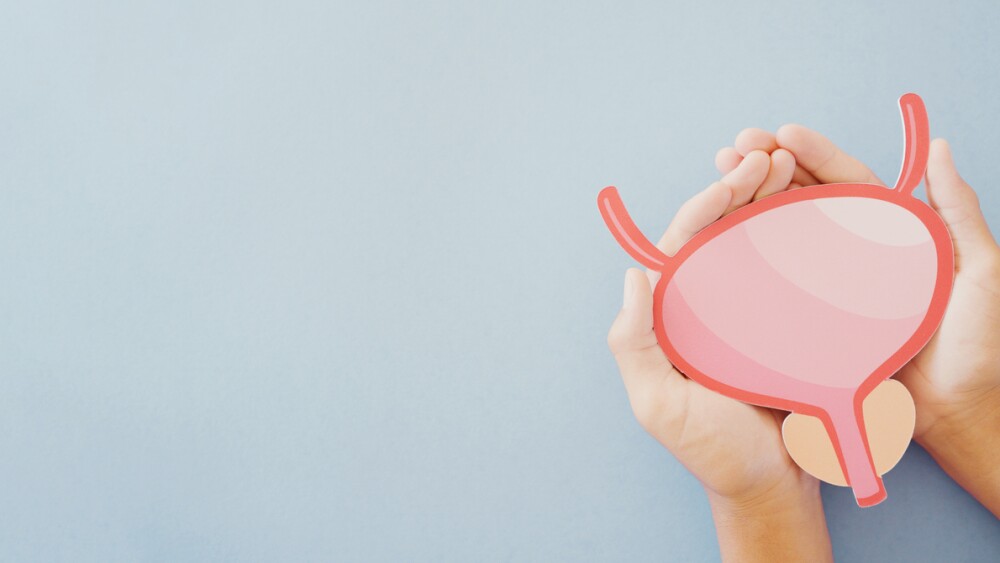Bristol Myers Squibb is prepared for an additional windfall of cash after a judge boosted the damages the company is due from Gilead Sciences over a patent infringement regarding the technology related to a novel cancer therapy.
Bristol Myers Squibb is prepared for an additional windfall of cash after a judge boosted the damages the company is due from Gilead Sciences over a patent infringement regarding the technology related to a novel cancer therapy.
In December, a jury awarded BMS $752 million in the lawsuit over a CAR-T treatment. The jury found that Gilead and Kite Pharma, the company that Gilead acquired for $12 billion in 2017 to gain Yescarta, infringed on a patent owned by Juno Therapeutics, a division of BMS that the pharma giant gained through its $74 billion acquisition of Celgene last year. Last week though, U.S. District Judge Philip S. Gutierrez boosted the amount Gilead owes BMS to $1.2 billion. In his verdict, Gutierrez called Gilead’s infringement of the patent owned by BMS “willful.”
The new judgment was entered against Gilead’s Kite Pharma unit on its “counterclaims of non-infringement and invalidity,” The New York Times reported.
CAR-T therapies, or chimeric antigen receptor T cell, take cells from a patient’s body, then engineer them in a laboratory to recognize a specific antigen in a cell. The harvested cells are then re-administered into a cancer patient. If all goes well, the engineered CAR-T cells should multiply within the body, target the antigen and eliminate the threat.
As a result of the new ruling from Gutierrez, Gilead owes BMS an additional $389,171,750.50 in “enhanced damages.” Now, Gilead is ordered to pay $778,343,501, which includes $585 million upfront and $193,343,501 for royalties on $603.6 million in net revenue, according to The New York Times. That does not include the enhanced damages awarded by Gutierrez nor $32 million in interest.
As could be expected, Gilead Sciences plans to appeal the verdict. Gilead maintains that BMS is not entitled to any level of damages. In a statement to the Times, Gilead said it strongly believes “the judgment is legally unsupportable and will be reversed.” Gilead remains steadfast that Kite independently developed Yescarta and did not infringe on Juno. The company said it looks forward to addressing the issues on appeal, the Times reported.
At the center of the lawsuit is BMS’ liso-cel (lisocabtagene maraleucel) CAR-T therapy, which it gained from the Celgene acquisition. Celgene, in turn, gained the asset when it acquired Juno in 2018 for $9 billion. The Juno-owned patent is exclusively licensed from the Memorial Sloan Kettering Cancer Center in New York. BMS accused Kite and Gilead of copying the research conducted at Memorial Sloan Kettering to push the development of Yescarta, which was the first CAR-T therapy for certain large B-cell lymphomas approved in the United States. In December, the jury found that the technology used by Gilead’s subsidiary infringed on the patent owned by Juno and BMS.
Yescarta was approved by the U.S. Food and Drug Administration in 2017. It was the first CAR-T treatment for relapsed or refractory large B-cell lymphoma after two or more lines of systemic therapy, including diffuse large B-cell lymphoma (DLBCL) not otherwise specified, primary mediastinal large B-cell lymphoma (PMBCL), high-grade B-cell lymphoma, and DLBCL arising from follicular lymphoma (transformed follicular lymphoma, or TFL).
In December, BMS announced that liso-cel hit the mark in three separate studies. The drug posted promising results in early-stage trials for relapsed or refractory chronic lymphocytic leukemia or small lymphocytic lymphoma, relapsed or refractory large B-cell non-Hodgkin’s lymphoma and relapsed/refractory large B-cell non-Hodgkin lymphoma.





